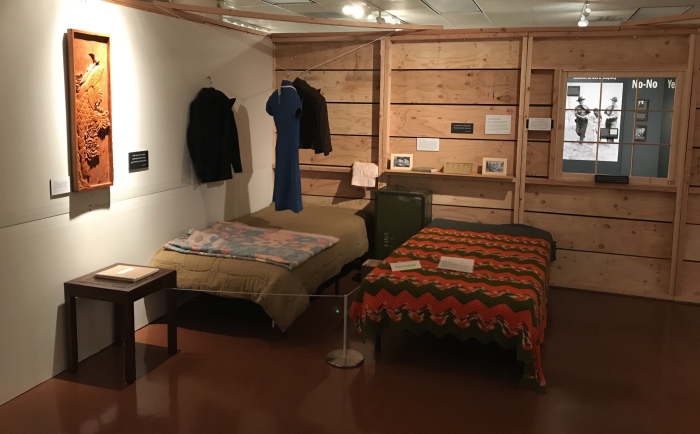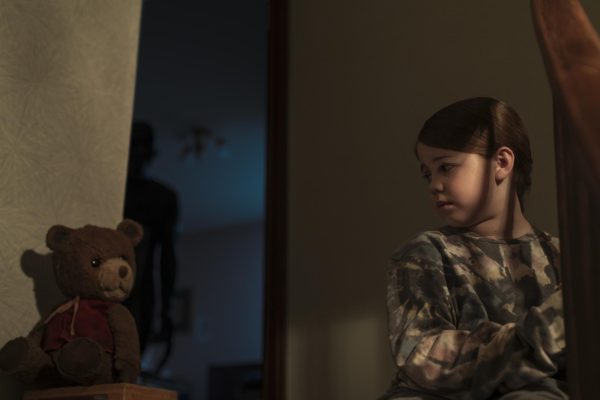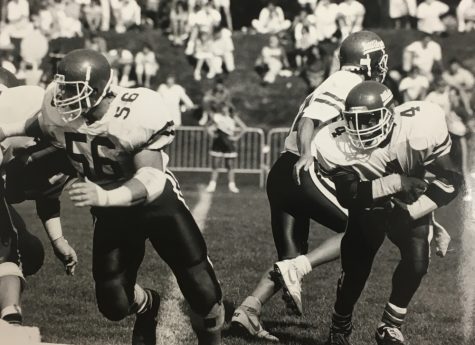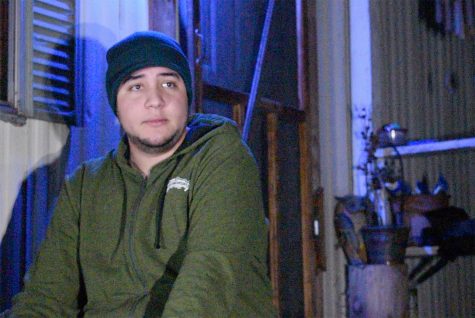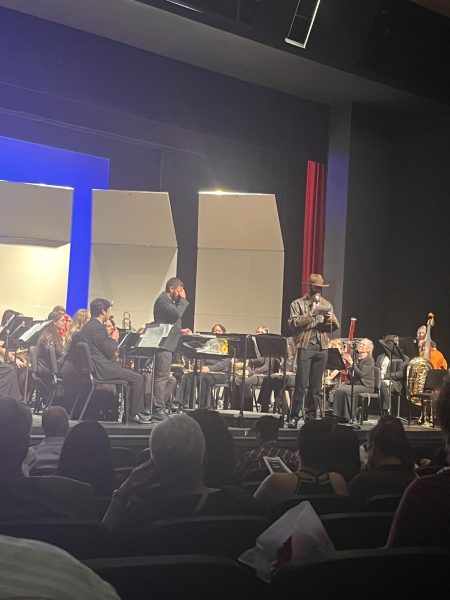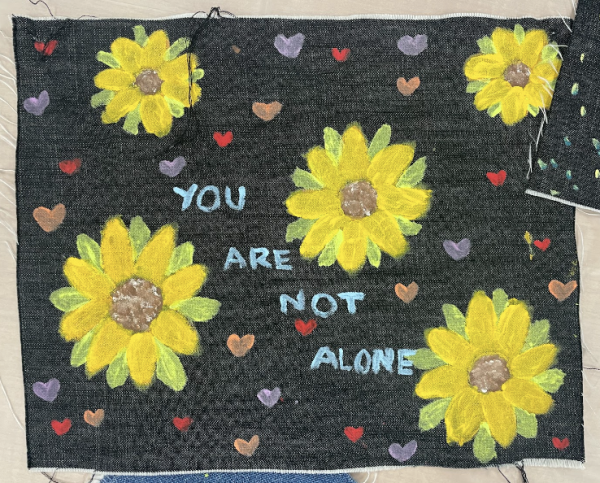Imprisoned at Home: Japanese internment camps are brought to life
At the Valene L. Smith Museum of Anthropology, a new exhibit focuses on how life was like at the Tule Lake War Relocation Center.
After the Japanese attack on Pearl Harbor, President Franklin Roosevelt ordered for the relocation of over 100,000 Japanese-Americans to various internment camps along the West Coast of the United States.
The Tule Lake Relocation Center, located in Modoc and Siskiyou Counties in Northern California, was one of 10 internment camps used during this time.
At the exhibit, there are many visual and interactive pieces that highlight what life was like at the Tule Lake Camp.
There is a documentary about the life of Jim Tanimoto and his experience of being in an internment camp. He emphasized how the younger generation should fight to protect their civil rights.
In one corner of the exhibit, there are profiles of various people who were sent to internment camps as young adults and are now reflecting how they had to live their lives during those years of imprisonment.
There are many noteworthy pieces in the exhibit, but the most standout is the replica of a barrack from the Tule Lake Camp.
With help from Stan Umeda and Calvin Asoo, visitors can experience the conditions many Japanese-Americans had to live in at internment camps. Stan and the Umeda family were sent to the Jerome Relocation Center and later to the Gila Relocation Center, while Cavin and the Asoo family were sent to the Tule Lake Relocation Center.
There are many interactive artifacts inside the barrack, including copies of letters written by the Japanese-Americans in the internment camps. Visitors can put on a pair of headphones as an English translation of the letters are read back to the listener.
The exhibit opened on Jan. 30 and will remain open until Aug. 28. To learn more about “Imprisoned at Home,” visit their website.
Angel Ortega can be reached at [email protected] or @theorion_arts on Twitter.








